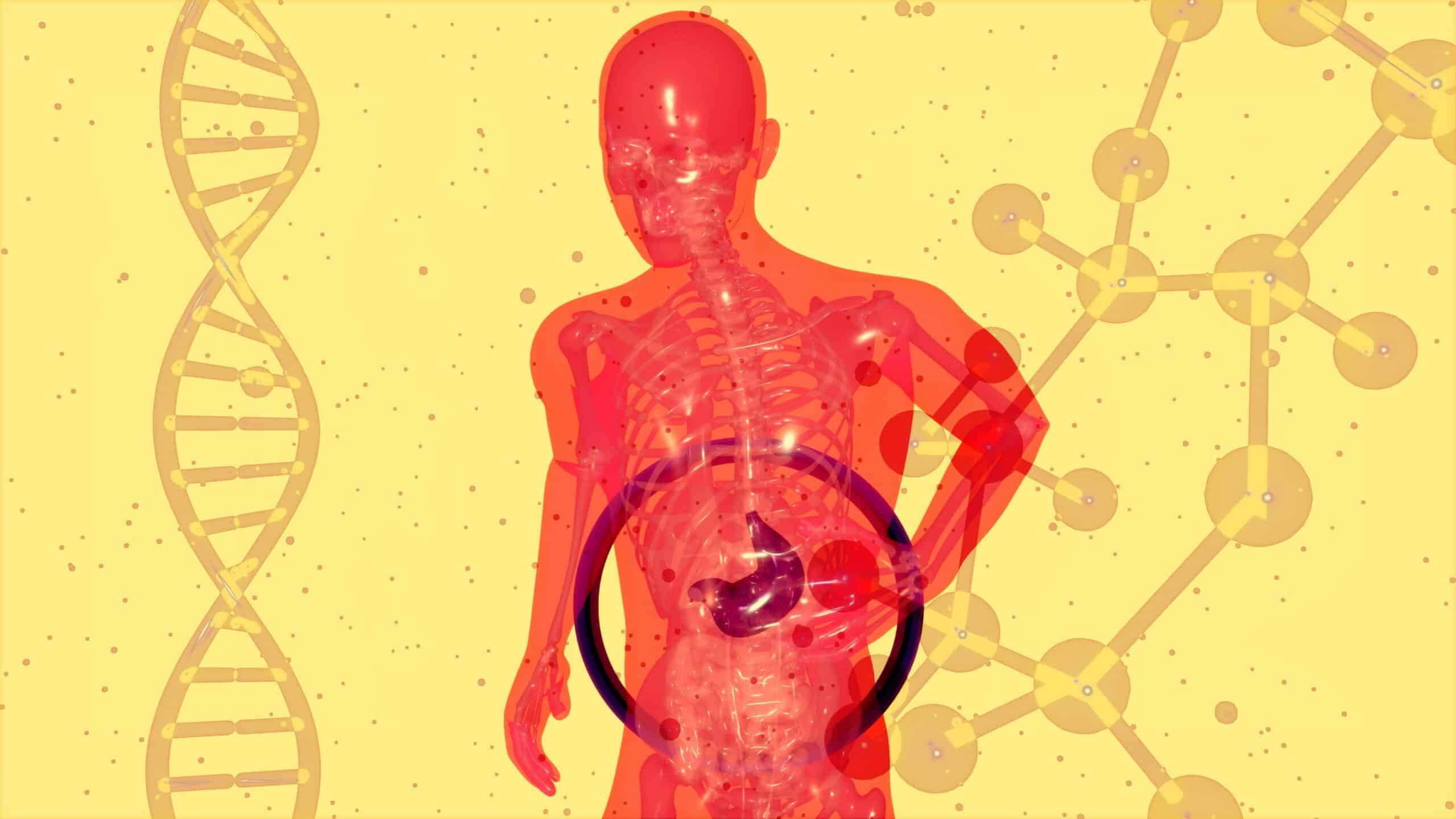Several drugs (prescription and over-the-counter) and supplements can cause kidney damage in various ways. Some medications can directly damage kidney cells, while others may cause inflammation, muscle breakdown, or crystal formations which obstruct the kidneys’ filtering structures.
Top Ten Legal Medications/Supplements That Can Harm Your Kidneys (If Abused)
Below are the top ten medications that have been noted to cause harm to the kidneys if misused:
1) Nonsteroidal anti-inflammatory drugs (NSAIDs):
NSAIDs (e.g., aspirin and ibuprofen) reduce inflammation, pain, and fever by inhibiting the production of prostaglandins. If taken in excessive amounts or for prolonged periods, NSAIDs can damage the kidneys by decreasing blood flow, and reducing the kidneys’ ability to filter waste products from the blood.
2) Aminoglycosides:
Aminoglycoside antibiotics (e.g., gentamicin) are used to treat serious infections of the urinary tract and abdomen as well as for bacteremia. These drugs are eliminated from the body through the kidneys. High doses or prolonged use can cause damage to the structures within the kidneys that filter waste from the blood. This damage can lead to acute tubular necrosis (ATN), characterized by the death of kidney cells and reduced kidney function.
3) Platinum-Based Drugs:
Platinum-containing compounds (e.g., cisplatin) interfere with the DNA replication process of cancer cells, thereby preventing their growth and division. However, high doses of these drugs can cause acute kidney injury (AKI) by damaging the cells in the tubules of the kidneys that filter waste from the blood. This kidney damage leads to the buildup of toxins in the body.
4) Mood stabilizers:
Mood stabilizers (e.g., lithium) are primarily used to treat bipolar disorder. However, long-term use can impair the kidneys’ ability to filter waste from the blood. This damage can lead to chronic kidney disease (CKD), characterized by patients gradually losing kidney function over time.
5) Acetaminophen:
Acetaminophen (e.g., Tylenol) is commonly used to relieve mild-to-moderate pain and reduce fever. However, if taken in high doses or abused, Acetaminophen can cause kidney damage indirectly by causing liver damage. For example, the liver metabolizes Acetaminophen into a toxic substance that can lead to acute liver failure (ALF). ALF can cause a buildup of toxins in the body, damaging the kidneys and other organs, leading to kidney failure.
6) Fluoroquinolones:
While these drugs (e.g., ciprofloxacin) are considered generally safe and effective, they can cause kidney damage in rare cases, particularly in people with pre-existing kidney problems. Fluoroquinolones can cause crystal formation in the kidneys, leading to crystalluria, which causes kidney damage and can potentially lead to kidney failure if left untreated.
7) Iron Supplements:
These are commonly used to treat iron-deficiency anemia and are generally safe when taken as directed. However, if abused, they can lead to iron overload, which can cause iron deposition in the kidneys, leading to iron toxicity and kidney failure if left untreated.
8) Herbal Supplements:
Herbs like licorice root, used in teas and candies for their potential health benefits, can also harm the kidneys if abused. For example, licorice root contains a compound called glycyrrhizin, which can cause the kidneys to retain salt and water and increase potassium excretion. This can lead to an imbalance of electrolytes in the body, going on to cause high blood pressure, edema, and kidney damage.
9) Beta-lactam Antibiotics:
These drugs (e.g., penicillin) used to treat bacterial infections can cause kidney damage in certain situations. For example, allergic reactions to penicillin can cause a type of kidney inflammation called interstitial nephritis, leading to acute kidney injury. In some cases, high doses or prolonged use of penicillin can also cause kidney damage by increasing the workload on the kidneys or by causing the formation of kidney stones.
10) Laxatives:
Laxatives (e.g., polyethylene glycol) are commonly used to treat constipation and are generally safe when used as directed. However, chronic use of laxatives can lead to dehydration and electrolyte imbalances, which can strain the kidneys and cause damage over time.
Top Illegal Drugs That Can Harm Your Kidneys
Below are the top ten illegal drugs that have been noted to cause harm to the kidneys when taken:
Illicit Opioids:
Illicitly used opioids are high on the list of drugs that may harm the kidneys. Chronic opioid use can damage the kidneys in several ways. One way is by reducing blood flow to the kidneys, which can lead to kidney damage and even kidney failure. It can also lead to systemic health problems, such as high blood pressure and diabetes, contributing to kidney damage.
Stimulants:
Stimulant drugs (e.g., cocaine and methamphetamine), which stimulate the central nervous system and increase alertness, can damage the kidneys by causing a decrease in blood flow. This can result in ischemia or damage to kidney tissue due to a lack of oxygen and nutrients.
Amphetamines:
Amphetamines (e.g., ecstasy and Adderall) are psychoactive drugs that produce feelings of euphoria, and increased energy. Abusing amphetamines can lead to increased body temperature, which can cause kidney damage due to heat stress. Prolonged use can also cause vasoconstriction (narrowing blood vessels that supply blood to the kidneys).
NMDA Receptor Antagonists:
These drugs (e.g., illegally used ketamine) bind to and blocks the activity of the NMDA receptor, a type of glutamate receptor found in the brain and spinal cord. Chronic use of ketamine can cause inflammation and ulceration of the bladder, a condition known as ketamine-induced cystitis. This can ultimately lead to obstruction of urine flow, backflow of urine into the kidneys, and eventually, kidney damage.
Hallucinogens:
These drugs (e.g., LSD, mescaline, and DMT) alter perception, thought, and mood. Some studies have suggested that chronic use of hallucinogens may increase the risk of kidney disease. This is because some hallucinogens, particularly mescaline, can cause constriction of the blood vessels that supply the kidneys, leading to decreased blood flow and potentially causing damage over time.
Designer Drugs:
These are synthetic compounds (e.g., synthetic cannabinoids) designed to mimic the effects of illegal drugs like cocaine, LSD, and marijuana. These drugs can cause kidney damage indirectly by increasing the risk of rhabdomyolysis, a condition in which muscle breakdown releases harmful substances into the bloodstream that can damage the kidneys.
Depressants:
These are drugs (e.g., heroin) that slows down the activity of the central nervous system (CNS). Abusing depressants can lead to dehydration and electrolyte imbalances. Additionally, long-term abuse of alcohol can lead to various kidney problems, such as alcoholic nephropathy, acute kidney injury, and chronic kidney disease.
Synthetic Cathinones:
These substances (e.g., bath salts) increase dopamine release in the brain. However, if abused, they can cause hyperthermia, dehydration, and muscle breakdown (rhabdomyolysis), contributing to kidney damage. Additionally, some synthetic cathinones have been found to directly damage kidney cells, leading to acute kidney injury and potentially irreversible kidney damage.
What You Can Do to Prevent Kidney Damage
To prevent kidney damage, it is essential to avoid drug abuse and use drugs only as prescribed by a healthcare professional. Drinking plenty of water to stay hydrated and maintain good kidney function is also essential. People with pre-existing kidney problems or other health conditions should be monitored by a healthcare professional and take steps to manage their condition to prevent further kidney damage.




